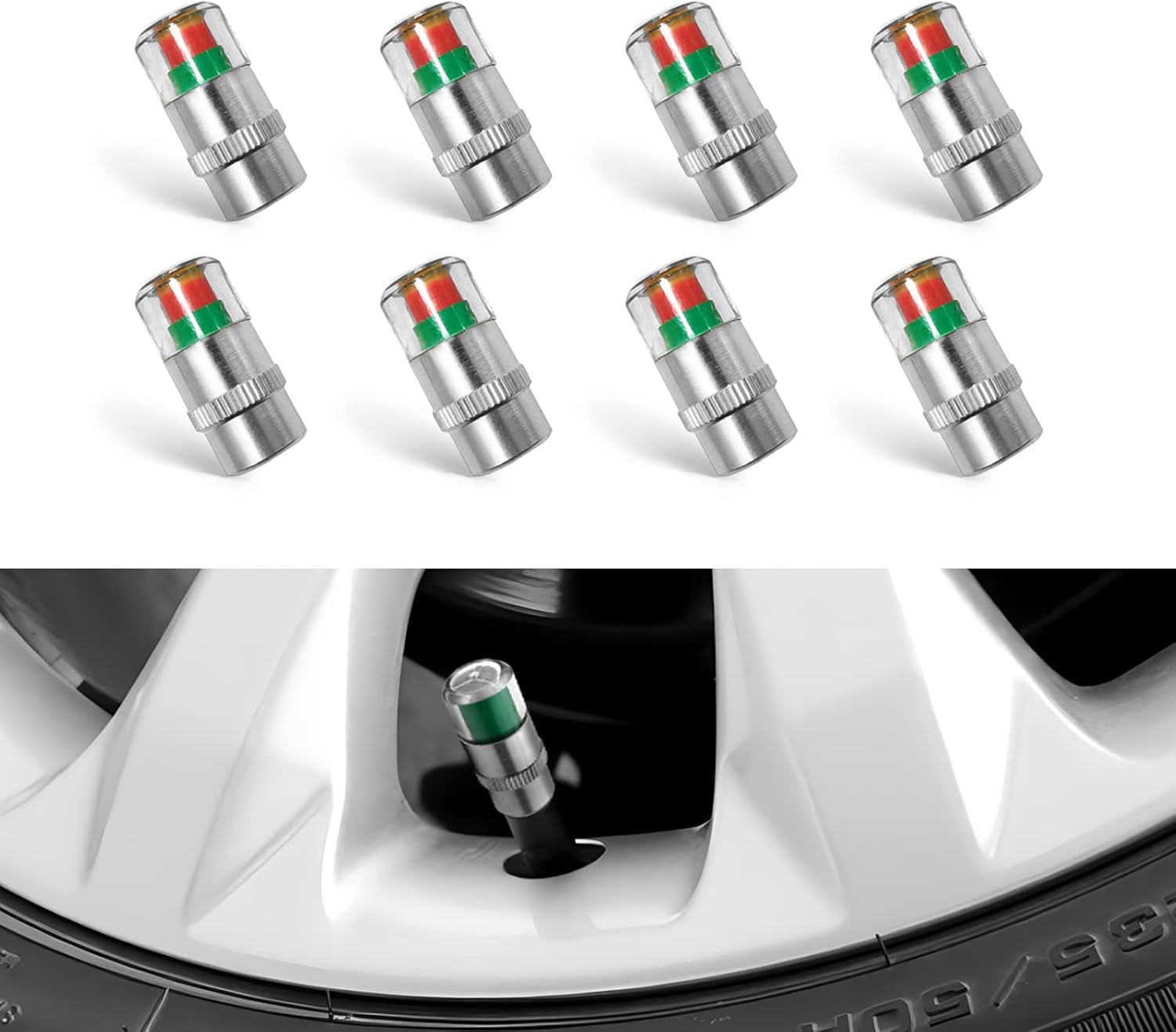Traveling with a trailer can be an exciting way to explore the open road, offering a unique blend of freedom and comfort. However, the safety of your journey largely depends on the condition of your vehicle and trailer, particularly when it comes to tire health. A Tire Pressure Monitoring System (TPMS) can play a crucial role in enhancing the safety of your travel trailer. This article delves into how a TPMS works, its benefits, and why it is an essential tool for any road trip enthusiast.
Understanding Tire Pressure Monitoring Systems

A Tire Pressure Monitoring System is a technology designed to monitor the air pressure inside the tires. It alerts drivers when tire pressure falls below or rises above a pre-set threshold, helping to prevent tire-related accidents. There are two main types of TPMS:
- Direct TPMS: This type uses sensors mounted on each tire to measure the actual tire pressure. It transmits this information to a display unit inside the vehicle.
- Indirect TPMS: Instead of using sensors, this system estimates tire pressure based on wheel speed data collected from the vehicle’s antilock braking system (ABS). Changes in tire pressure affect the wheel’s rotational speed, which the system uses to detect issues.
Why Tire Pressure Matters for Travel Trailers

Tire pressure is a critical factor in the overall safety and performance of your travel trailer. According to the National Highway Traffic Safety Administration (NHTSA), under-inflated tires can lead to loss of control, longer stopping distances, and increased risk of blowouts. Here are some reasons why maintaining proper tire pressure is especially important for travel trailers:
- Weight Distribution: Travel trailers are heavy and can put extra stress on tires. Proper tire pressure ensures even weight distribution and reduces the risk of tire failure.
- Handling and Stability: Properly inflated tires improve handling and stability, making it easier to maneuver your trailer, especially in adverse weather conditions.
- Fuel Efficiency: Maintaining optimal tire pressure can improve fuel efficiency, which is crucial when towing a heavy trailer over long distances.
Enhancing Safety with TPMS
Integrating a TPMS into your travel trailer can significantly enhance safety in multiple ways:
1. Early Detection of Tire Issues

A TPMS provides real-time data on tire pressure, allowing you to detect issues before they escalate. For instance, if one tire is losing pressure due to a slow leak, the system will alert you, giving you time to address the problem before it leads to a blowout. A study by the NHTSA found that vehicles equipped with TPMS experienced 55% fewer tire-related crashes.
2. Monitoring Tire Temperature

Many TPMS models also monitor tire temperature, which is crucial for preventing blowouts. Excessive heat can lead to tire failure, especially when tires are under-inflated. By keeping an eye on tire temperature, you can take preventive measures, such as pulling over to let your tires cool down during long trips.
3. Reducing Driver Fatigue

Worrying about tire pressure can add to the stress of long-distance travel. With a TPMS in place, you can drive with peace of mind, knowing that any issues will be promptly reported. This reduction in stress can lead to a more enjoyable and safer travel experience.
Case Study: Real-Life Impact of TPMS
To illustrate the importance of TPMS in real-world scenarios, consider the case of a family traveling across the country with a travel trailer. During their journey, they received an alert from their TPMS indicating that one tire was losing pressure. They pulled over at the next rest stop to inspect the tire and discovered a small nail embedded in it. Thanks to the early warning from the TPMS, they were able to repair the tire and continue their journey safely. Without the TPMS, they might have experienced a blowout on the highway, leading to potentially dangerous consequences.
Statistics on Tire Safety
The importance of tire safety cannot be overstated, especially when towing a travel trailer. Here are some statistics that underscore the need for a TPMS:
- According to the NHTSA, tire-related crashes account for approximately 11,000 accidents annually.
- Proper tire inflation can improve fuel efficiency by up to 3%.
- Research shows that 75% of drivers do not check their tire pressure regularly.
Choosing the Right TPMS for Your Travel Trailer

When selecting a TPMS for your travel trailer, consider the following factors:
- Type: Decide between a direct or indirect TPMS based on your needs and budget.
- Range: Ensure the system has a sufficient range to monitor all tires, especially for larger trailers.
- Battery Life: Look for systems with long battery life to minimize maintenance.
- Ease of Installation: Choose a system that is easy to install and does not require specialized tools.
A Tire Pressure Monitoring System is not just an accessory; it is an essential safety tool for anyone who owns a travel trailer. By providing real-time data on tire pressure and temperature, a TPMS enhances driver awareness, prevents tire-related accidents, and contributes to a more enjoyable travel experience. The benefits of early detection of tire issues, improved handling and stability, and reduced driver fatigue cannot be overlooked. With statistics highlighting the dangers of tire-related incidents, investing in a quality TPMS is a wise decision for any travel trailer owner. Ultimately, ensuring the safety of your journey starts with proper tire maintenance, and a TPMS is the first step in that direction.